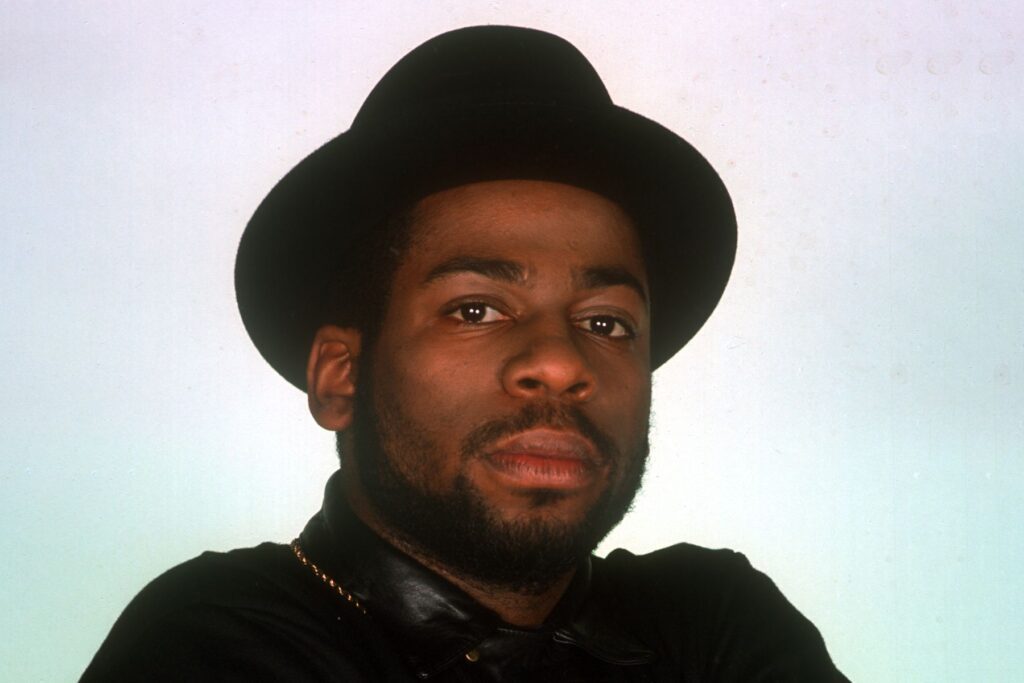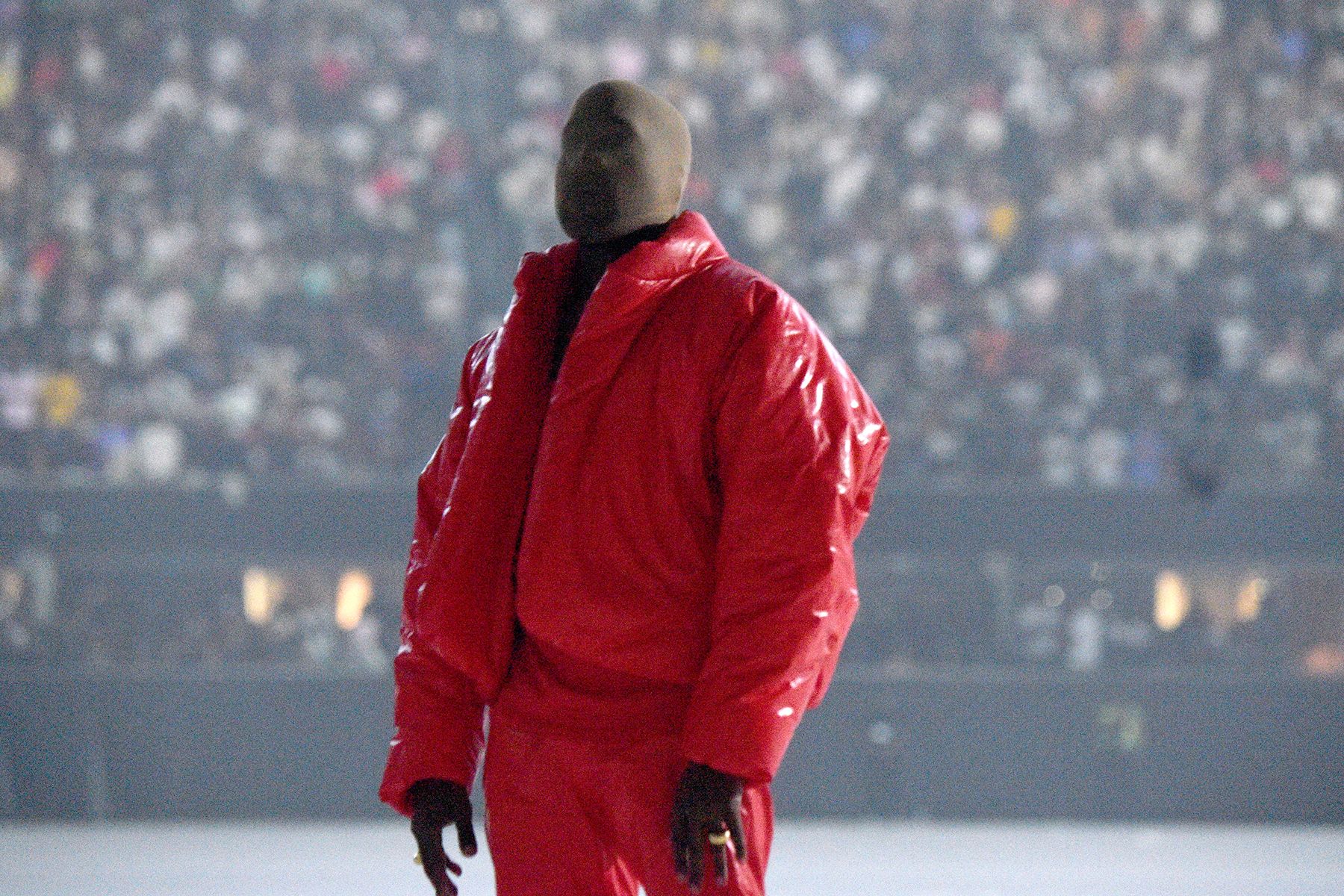
Feds Slam ‘Complaints’ From Jam Master Jay Murder Suspects, Call ‘Playboy’ Issue ‘Moot’
Federal prosecutors are pushing back hard after the two men charged with the 2002 slaying of Jam Master Jay filed motions asking the court to either dismiss their narcotics-related murder indictments outright or give them separate trials to cure issues related to a Playboy article about the legendary Run-DMC DJ’s death.
In a new 34-page court filing, prosecutors from the Eastern District of New York slam “complaints” from co-defendants Karl Jordan Jr. and Ronald Washington that the government “intentionally” delayed their 2020 indictment to gain a tactical advantage. According to prosecutors, such claims are unfounded and “ring particularly hollow” considering the men’s alleged “efforts to intimidate and silence potential witnesses.”
“The government is aware of at least four separate witnesses that the defendants have endeavored to identify and silence through threats and coercion,” the paperwork obtained by Rolling Stone states.
The new response filing also urges the court to shoot down Jordan’s request for a solo trial based on statements that Washington allegedly gave to investigators and a Playboy magazine reporter. “At present, the government has no intention of introducing either the March 3, 2003 statement to law enforcement or the December 2003 statement to Playboy magazine. This effectively moots defendant Jordan’s severance motion on these grounds,” prosecutors write.
Jordan had cited the Playboy article, titled “The Last Days of Jam Master Jay,” in his dismissal and severance motion filed last month in Brooklyn Federal Court. He alleged that Washington’s presumed status as a non-testifying co-defendant would preclude cross-examination over his statements that he saw Jordan fleeing the Queens recording studio after Jam Master Jay, real name Jason Mizell, was fatally shot in his head the night of Oct. 30, 2002.
“I’m positive it was Little D [Jordan]. I looked him right in his face before he ran off,” Washington purportedly told Playboy writer Frank Owen.
Jordan also argued that the 18-year time gap between the murder and his 2020 indictment meant he no longer has access to the “beeper records” and other “objective evidence” that would prove his alibi. Prosecutors say the lack of phone records in the overall case actually hurts them more. They also call Jordan a “savvy” operator adept at “concealing and compartmentalizing his criminal undertakings” with multiple cell phones.
They allege that on the day of Jordan’s arrest, he had two phones in his possession — one for his personal affairs and one for his alleged narcotics trafficking. “As such, it is far more likely that Jordan would have purposefully left his phone elsewhere when he shot Mizell,” they claim.
The prosecutors further allege that Jordan, 38, and Washington, 58, based their dismissal motions on “selective and misleading characterizations of the record.” They say their evidence will prove the men were both armed when they burst into Mizell’s studio at 7:30 p.m. the night of the shooting to exact revenge over being cut out of a cocaine deal.
“Washington pointed his firearm at one of the individuals located inside the studio and demanded that the person lay on the floor. Jordan approached Mizell, pointed his firearm at him, and fired two shots at close range. One of those shots struck Mizell in the head, killing him. The second shot struck another individual in the leg,” they allege.
Prosecutors say Jordan continued to traffic cocaine until his 2020 arrest and was known to be armed while carrying out transactions with one of his “young children” in the car.
The judge has not yet ruled on the men’s requests for dismissals and severance. A trial in the case is set for September.



